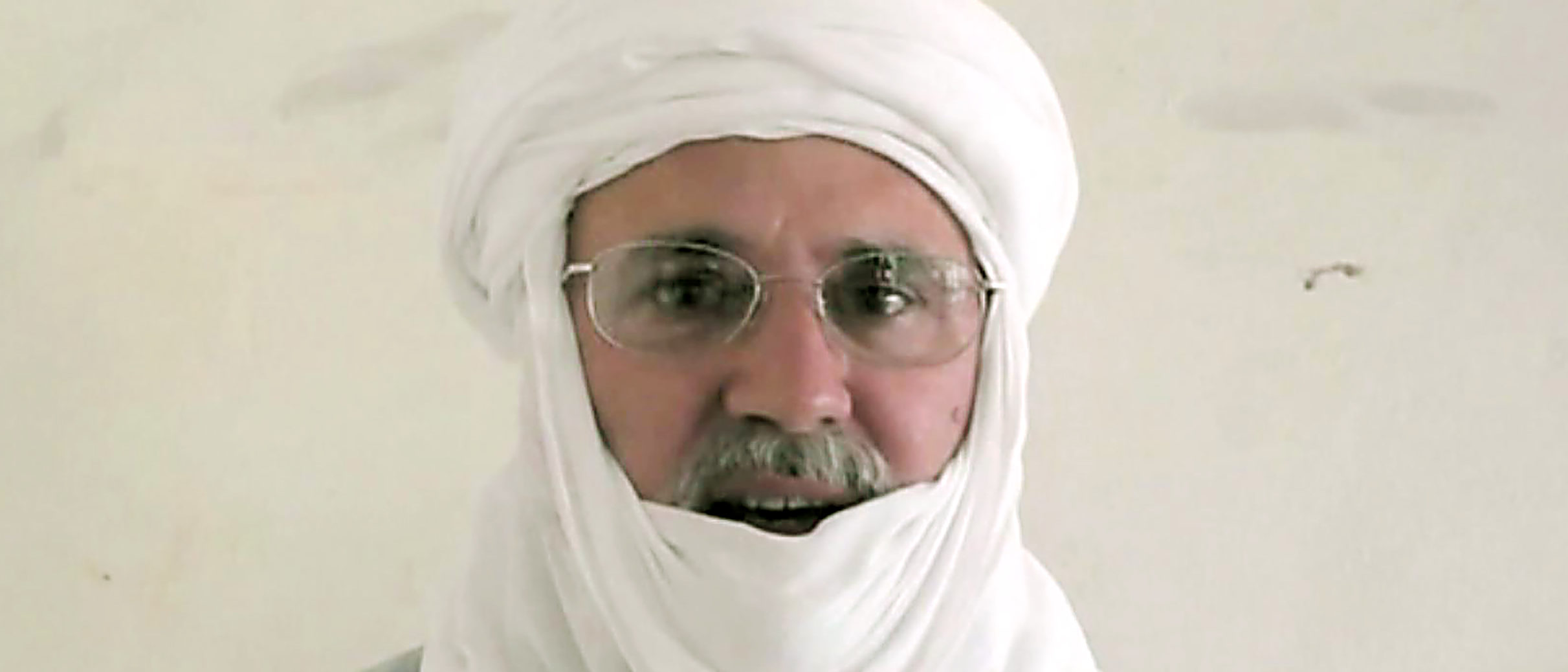An American missionary and aid worker freed in March after years of Islamist captivity in West Africa recounted his nightmarish experience in a recent interview and expressed frustration with the U.S. hostage negotiation process.
Jeffery Woodke, 62, and his teacher’s assistant wife Els, recently spoke in with the Associated Press (AP) about his six-and-a-half years as a hostage of the Jamaat Nusrat al-Islam wal Muslimeen (JNIM), an Al Qaeda-linked jihadist group operating in the Sahel.
The militants drove up to Woodke’s home in Abalak, northern Niger, on October 14, 2016, according to NBC News and a separate AP news report. The JNIM fighters then shot and killed Woodke’s two guards, seized him and tossed him into a truck that drove him toward the border with Mali, according to the AP interview. (RELATED: American Aid Worker Free After Six Years In Captivity In Niger)
Knowing that he was a potential abduction target, Woodke had lived cautiously, staying in touch with the State Department and local embassy, according to the interview.
“It was hell,” Woodke said in the interview. “You ever had a lightning storm with chains on your feet? That’ll get you,” he said, according to the interview. Woodke kept time by a sundial during the day and stars at night for most of his time in captivity, he told AP. Initially praying eight hours a day, he found himself praying less and despairing more. “The last year I was there, I was asking [my captors] to kill me,” he said.

A video grab made on October 18, 2016 shows US aid worker Jeffery Woodke during a ceremony to introduce his NGO in Abalak, two days before he was captured on October 14, 2016. Woodke was the first American to be kidnapped in Niger. (Photo credit: STR/AFP via Getty Images)
The U.S. State Department and the FBI attempted to negotiate his release with help from the French and Nigerien governments, according to the interview and news reports. However, Els and her private hostage negotiator Robert Klamser reportedly felt sidelined and misled by the FBI about the scope of the captors’ demands and hindered in their attempt to raise the ransom of over $6 million. The FBI declined to address the Woodkes’ specific claims but said it had worked “tirelessly” to bring Woodke home and was “committed to continuing to support Jeff and his family,” according to the interview.
The U.S. officials secured Woodke’s release on March 20 with help from France and Niger, reportedly without paying a ransom, according to the AP news report. Four days earlier, U.S. Secretary of State Antony Blinken visited Niger and offered millions of dollars in aid, per the report.
Woodke, who is battling leg injuries and rising healthcare costs, told AP that adjusting to life back in California has been difficult.












